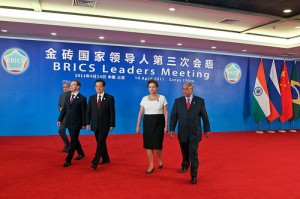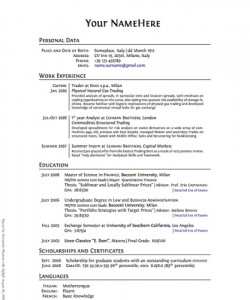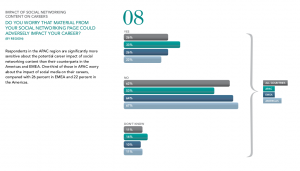
The BRICS offer the most expat jobs, and competitive salaries, too
China, Brazil and India are the top destinations for expat jobs, reported Brookfield Relocation Services in its 2011 Global Relocation Trends Survey. Rather unsurprising considering the engine for global growth has shifted from the US and Europe to these emerging economies, which were better able to whether the global recession. Ironically, these are also the countries offering expats the greatest earnings potential.
According to HSBC’s most recent Expat Explorer Survey:
While close to two-thirds (63%) of all expats surveyed said they are earning more in their host country than in their country of origin, expats based in BRIC countries scored much higher (Brazil, 69%; Russia, 82%; India, 70% and China, 75%). In addition, with the exception of Brazil which fell slightly under the overall average, expats in BRIC countries were also more likely to see increased career opportunities within their host country (64% overall compared with; Russia, 82%; India and China, 70%).
 Before you start looking at job listings you should invest some time in writing an effective CV. A CV (or curriculum vitae) is a comprehensive summary of your educational and professional experience, including both relevant activities outside of work and any awards you have received. There are some similarities between a CV and a resume–enough that some people use the terms interchangeably. This is incorrect. A CV is a much more detailed version of a resume. It’s okay for a CV to run several pages, for example, which is a definite no-no for resumes.
Before you start looking at job listings you should invest some time in writing an effective CV. A CV (or curriculum vitae) is a comprehensive summary of your educational and professional experience, including both relevant activities outside of work and any awards you have received. There are some similarities between a CV and a resume–enough that some people use the terms interchangeably. This is incorrect. A CV is a much more detailed version of a resume. It’s okay for a CV to run several pages, for example, which is a definite no-no for resumes.
Employers usually request CVs in Europe, the Middle East and Asia. US employers prefer shorter resumes, though CVs are used in the States when applying for academic positions. The particulars of CV formatting vary from country to country, but the structure is essentially the same no matter where in the world you are applying for work.
Expat Job Market offers information to expatriate jobseekers looking for work abroad, including
- employment trends across countries and industries
- tips for effective CVs
- interview practices across cultures
- career advice
Stay current with our international employment news.
